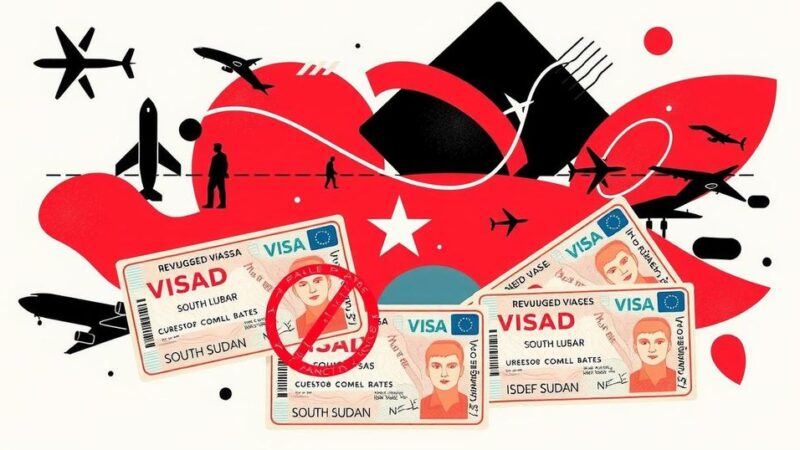Germany has launched a new EU donor initiative for Syria, with 300 million euros pledged for humanitarian aid. This year’s conference includes representation from Syrian officials. The focus is on addressing urgent needs as the country undergoes turmoil following 14 years of civil war. International leaders emphasize the importance of political inclusion to foster stability.
Germany recently initiated a new donor campaign aimed at providing aid for Syria, following the removal of former president Bashar al-Assad. The European Union’s conference in Brussels marks the first time Syrian authorities are officially represented, with interim foreign minister Assaad al-Shibani attending the event. Western and regional leaders are striving to stabilize Syria after over a decade of civil conflict, which has led to the displacement of millions.
In light of ongoing violence this month, which is the most severe since al-Assad’s ousting, confidence in the newly formed Islamist-led government has diminished. German Foreign Minister Annalena Baerbock emphasized the need for a “peaceful future” in Syria, stating that it hinges on an inclusive political process. She announced that Germany will contribute an additional 300 million euros (approximately USD 327 million) for UN and humanitarian support for Syrians domestically and in neighboring regions.
The EU has conducted annual donor conferences for the past eight years, predominantly focused on aiding refugees outside Syria while previously avoiding engagement with al-Assad’s administration. This year’s conference aims to generate funds for urgent humanitarian needs, as millions within Syria are in desperate conditions. Reports indicate that an estimated 16.7 million people require assistance due to the devastation of the civil war and long-standing economic hardship.
The current leadership in Syria, under former rebel commander Ahmed al-Sharaa, is advocating for aid to facilitate the nation’s recovery. The EU has responded by easing sanctions in specific economic sectors, contingent upon the new authorities’ commitment to an inclusive transition. EU High Representative for Foreign Affairs and Security Policy Kaja Kallas addressed the need for continued sanction relief to provide hope and stability for the Syrian populace.
Despite positive steps, including the recent signing of a constitutional declaration by Sharaa, recent violent incidents in the Mediterranean region have raised concerns. Security forces reportedly killed nearly 1,500 civilians, predominantly from the Alawite minority, exacerbating fears of further unrest. Kallas reiterated the EU’s expectation for the leadership to hold those responsible for atrocities accountable.
Last year, donors pledged 7.5 billion euros (USD 8.2 billion) to aid Syria; however, uncertainty regarding US foreign aid allocations may impede fundraising efforts this time. The presence of a US government representative at the Brussels event suggests continued international interest in addressing Syria’s crisis.
In conclusion, Germany has taken the lead in organizing an EU donor drive aimed at providing critical support for Syria post-Assad, with a significant commitment of funds and international cooperation emphasized. The conference comes amidst concerns regarding violence and the need for a robust political process. Nonetheless, the challenges remain substantial, as millions of Syrians face dire humanitarian needs due to the prolonged conflict and resultant economic devastation.
Original Source: www.taipeitimes.com






